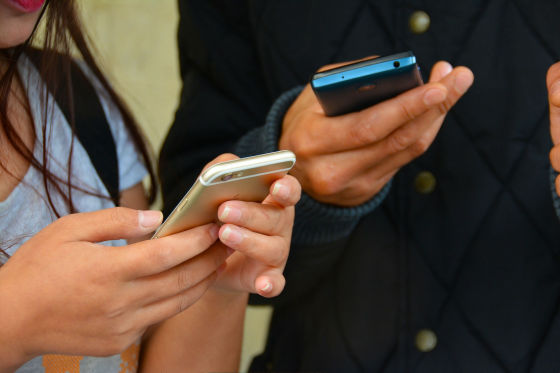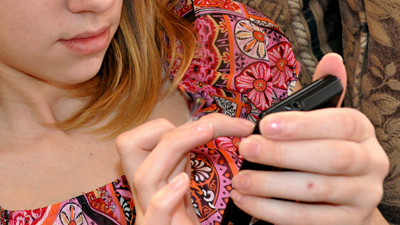An attempt is being made to have AI monitor students' emails and social media to detect 'danger'

by
School shootings resulting in fatalities are frequently reported in the United States. In order to eliminate such dangers and increase school safety, various attempts are being made to use artificial intelligence (AI) systems to monitor students' emails, tests, social media, etc. to detect signs of bullying, depression, shootings, etc.
Can artificial intelligence help boost your school's safety?
https://www.usatoday.com/story/tech/2019/02/13/preventing-next-parkland-artificial-intelligence-may-help/2801369002/
In February 2018, a shooting occurred at a Florida high school, killing 17 people. A few months before that, startup Bark , which had been test-piloting a danger detection app at 25 schools in the U.S., discovered warning signs of potential explosions and shootings. In August 2018, Bark raised $9 million (approximately 1 billion yen) to develop an online service that monitors children's text messages, emails, YouTube, and social media to help them avoid danger.
The app, developed in collaboration with child psychologists, youth advisors, and law enforcement experts, uses machine learning to identify 'potential threats' such as online bullying, depression, suicidal thoughts, and sex from social media and email data, and sends alerts to parents and schools. As of February 2019, Bark offers a paid app for parents to monitor their children, but uses the profits from that to provide its service free to American schools.
The paid version of the app costs $9 per month (approximately ¥1,000) per family, or $99 per year (approximately ¥11,000). The free app is used by 1,100 school districts at the time of writing, covering an estimated 2.6 million children. If a serious incident, such as an abduction or shooting, is detected, an alert will be sent to the FBI.

by
According to Titania Jordan of Bark, since the app became available in schools on February 8, 2019, it has been sending out between 35,000 and 55,000 'foul language' alerts per day. In the first week of the app's release, there were 16 cases of such seriousness that alerts were sent to the FBI.
However, news media USA TODAY points out that 'Bark's app doesn't always detect the perpetrator's behavior, and false positives occur,' 'Schools can monitor the accounts of designated students, but if a student doesn't use a designated device or smartphone, monitoring can be missed,' and 'Many children are more tech-savvy than their parents, and may use multiple accounts without their parents' knowledge.'
Meanwhile, Gaggle , which has been providing 'school safety services' since 1998, claims to have prevented numerous suicides in the 1,400 school districts it serves and prevented children from purchasing firearms to harm others. Like Bark, Gaggle also contacts schools and law enforcement when a child purchases a firearm.
However, Gaggle doesn't rely solely on machine learning; instead, experts analyze text and documents after scanning them. If there are any minor signs of abuse, an email may be sent directly to the student, rather than to the school.
Previous research has identified words that people with depression often use , and Gaggle and Bark appear to have systems that detect these patterns. Gaggle's Bill McCullough said the company's algorithms are constantly updated to detect signs of despair, such as emojis and spelling mistakes, in messages sent by children. Gaggle also monitors and alerts for threats from outside the school district, and in the past, it detected and resolved an email from an outsider threatening to kill a girl's parents if she didn't send nude photos.

by HASTYWORDS
In the United States, where mass shootings are frequently reported, services like the ones mentioned above that increase school safety are becoming more popular, but of course there are privacy issues involved. Schools are not using these services to learn about students' boyfriends and girlfriends; students' privacy must be protected. While some parents have called the service providers 'the worst,' the demand for such services is likely to continue growing in an era where safety is the biggest concern parents have about schools.
Related Posts:






